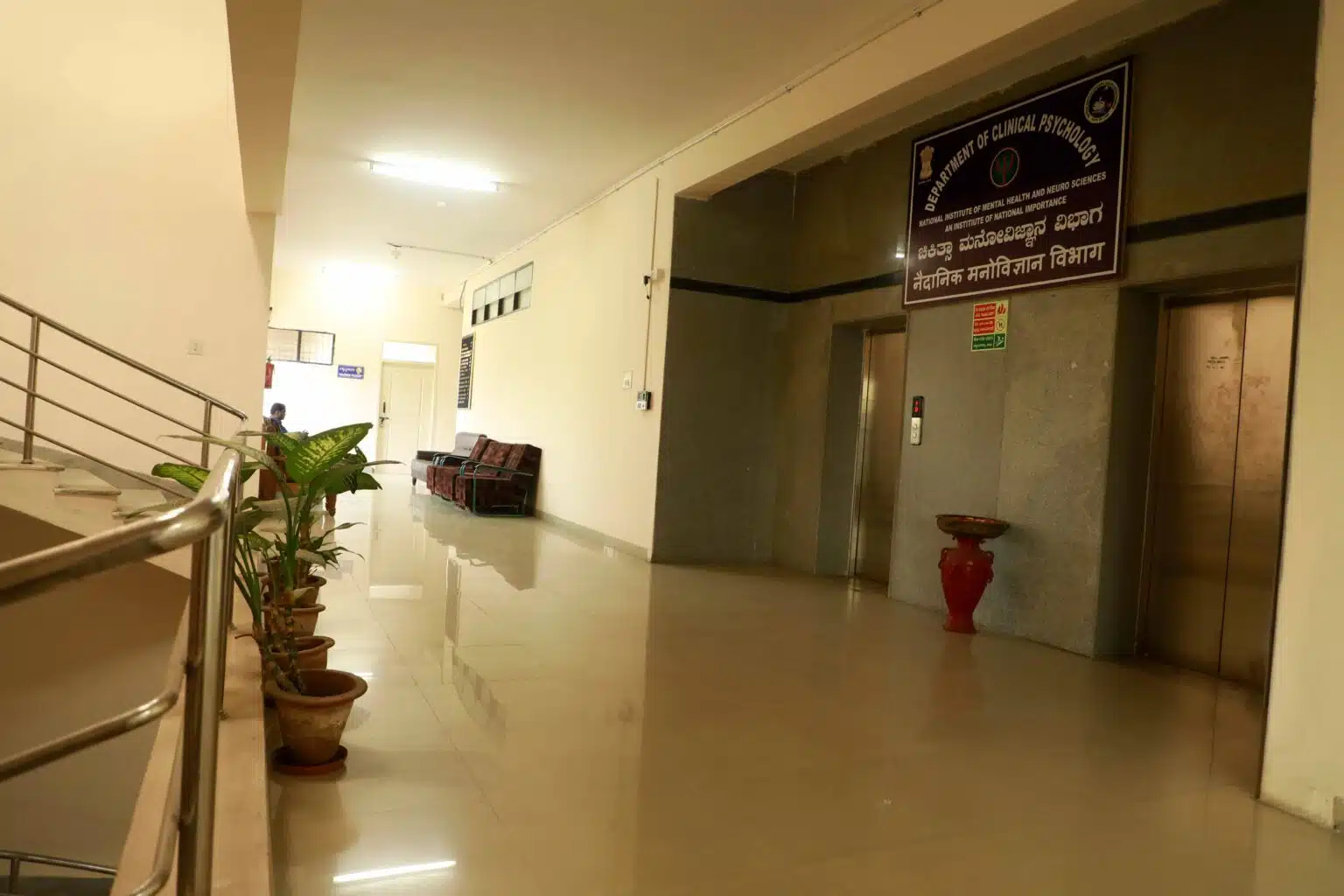The “India ENIGMA Initiative for Global Aging and Mental Health” research project has brought together researchers from NIMHANS and the University of Southern California (USC) in the USA. The five-year initiative seeks to close the knowledge gap surrounding the numerous elements impacting the speed-up of brain aging.
On February 9 at NIMHANS, a meeting to launch the project is set. According to a statement from NIMHANS, the study’s goal is to better understand the factors that influence brain aging in the Indian population and that can raise a person’s chance of developing Alzheimer’s dementia and other related conditions.

Highlights
Brain aging is a natural process in which the brain loses some of its functions over time, including memory, reasoning, and processing speed. It is caused by a combination of factors such as genetics, lifestyle choices, and exposure to environmental stressors. While some decline in brain function is normal with aging, maintaining a healthy lifestyle and engaging in mental stimulation can help slow down the process and maintain brain health.

The project is being funded by a competitive research grant from the National Institute on Aging (NIA), National Institutes of Health (NIH), USA, totaling 21 crores. The project has received approval from the Institutional Ethics Committee of NIMHANS and the Union Health Ministry. Major brain illness researchers from almost 40 different nations have joined the Enhancing Neuro Imaging Genetics via Meta-Analysis (ENIGMA) project, led by Paul M. Thompson, director of the Imaging Genetics Centre (IGC), USC.
This initiative will involve researchers from NIMHANS John. P. John, professor of psychiatry and faculty head of the Multimodal Brain Image Analysis Laboratory, G. Venkatasubramanian, professor of psychiatry and faculty head of the Translational Psychiatry Laboratory, and P.T. Sivakumar, professor of psychiatry and head of the Geriatric Psychiatry Unit.
India Launches Major Study on Dementia Causes and Prevention
A recent national survey estimates that 88 lakh people in India have dementia. The brain age of a person with dementia—an estimation of their age derived from MRI measurements of their brain—could be older than their actual age (chronological age). According to the statement, this research will make an effort to comprehend the various causes, including genetic, psychological, and lifestyle-related aspects, that may contribute to this “brain age difference.”

Dementia is a progressive decline in cognitive function, including memory, language, problem-solving, and decision-making abilities, severe enough to affect daily life. It is caused by damage to brain cells, which can be due to various reasons such as Alzheimer’s disease, Parkinson’s disease, Huntington’s disease, and other medical conditions. Dementia is most commonly diagnosed in people over 65, but it can occur in younger individuals as well. There is currently no cure for dementia, but there are treatments and support available to help manage symptoms and improve quality of life
Study on 400 healthy individuals to understand brain aging
The study, which will be carried out at NIMHANS in Bengaluru, will involve 400 volunteers, including healthy older folks and people with memory impairment. Through clinical interviews, memory and cognitive tests, blood testing, and brain imaging, this study thoroughly assesses risk and protective factors. According to the release, the researchers will follow up with the subjects over a two-year period to further understand how these characteristics affect the likelihood of acquiring dementia.
The focus of the research is to understand the multiple factors including psychosocial, lifestyle-related, genetic, amongst others, that can contribute to this ‘brain age gap’. 400 volunteers healthy older adults and persons with memory impairment — will held in the study.













